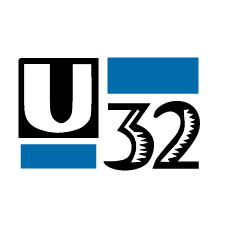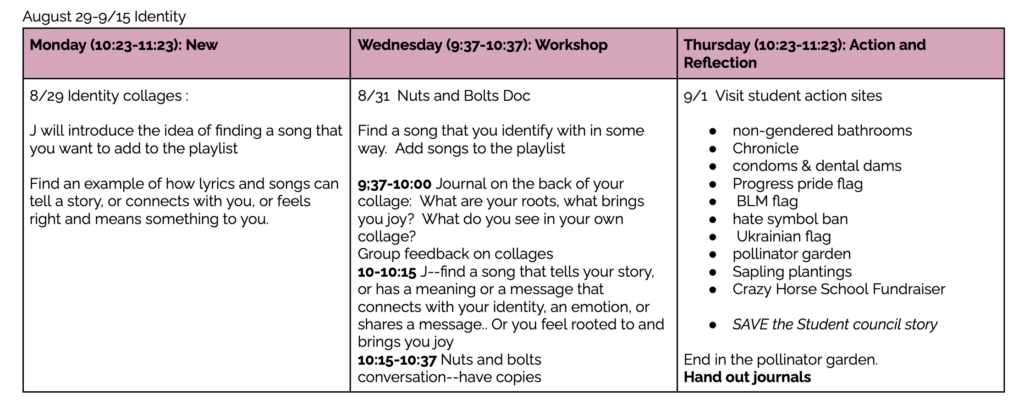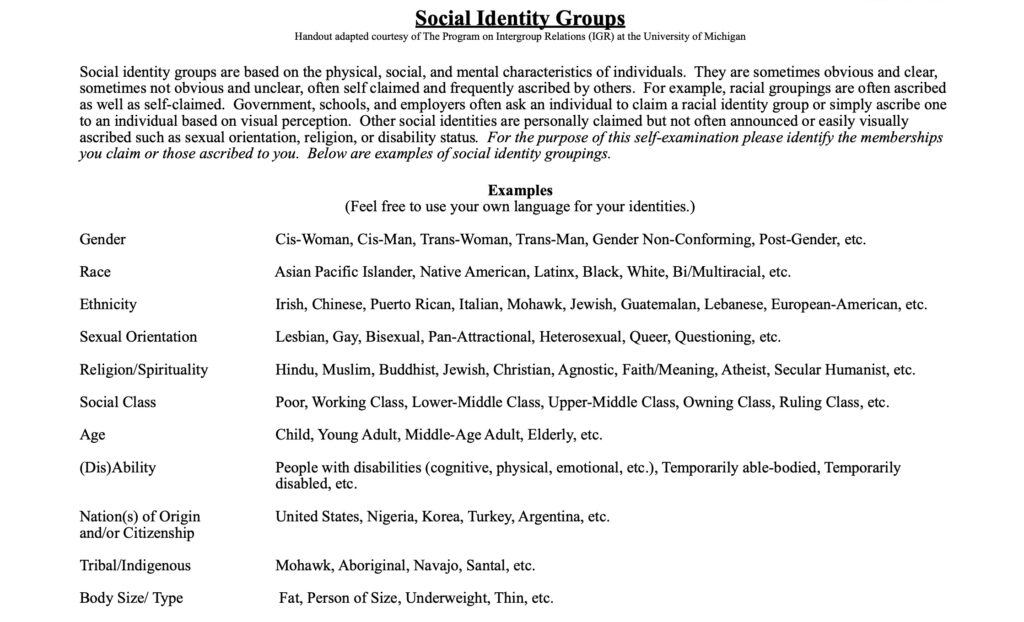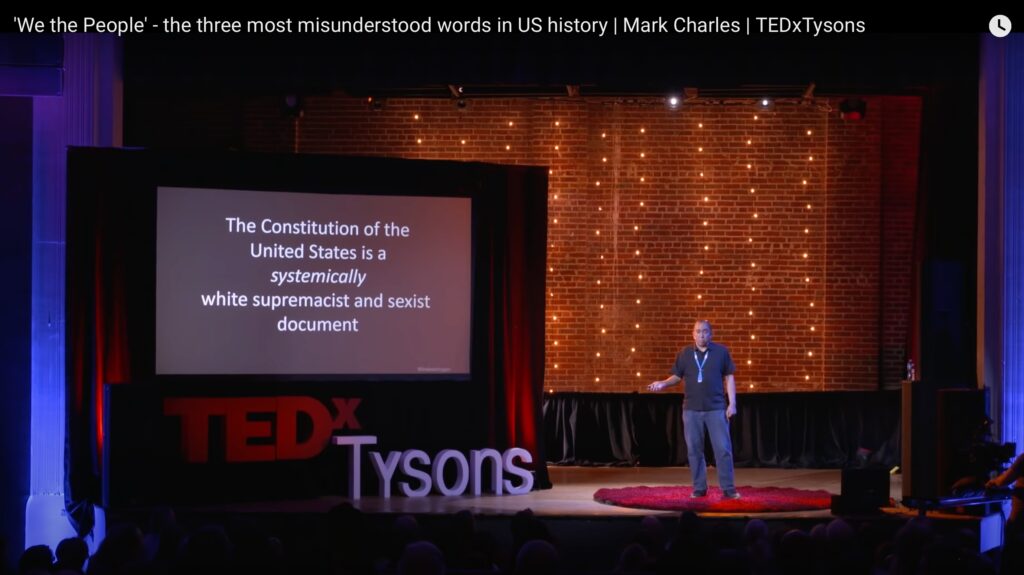
Washington Central Unified Union School District runs high school class focused on student activism
Incidents
Parents Defending Education has received documents via public records request detailing the curriculum for a class at a high school in Vermont’s Washington Central Unified Union School District created to encourage student activism. The class, called “Changemakers: Building a Brighter World” explores “equity and climate action” through a student “project based learning focus.” Course outcomes include “understand[ing] key concepts of justice and injustice, historical systems of oppression, and how these systems and ideologies intersect with their identities and the impact within their local and global communities” and “identify[ing] and learn[ing] tools and strategies to make change happen…and collectively become change agents.”
The course is currently offered as an elective at U32 High School for 9th through 12th grade students.
Lesson plans for the first week of the 2022-2023 implementation of the course note visiting “student action sites,” which include “non-gendered bathrooms,” “condoms & dental dams,” “Progress Pride flag,” and “BLM flag.”

The first week of classes also asks students to create an “identity collage” based on a “social identity profile.” Suggestions for identities to list on the chart include sexual, gender, and class identifiers such as “pan-attractional,” “post-gender,” and “ruling class.”

One class activity listed in the lesson plan for the 2021-2022 iteration of the course has students watch a Ted Talk entitled “We the People,” which claims that the US was founded on “a systemically racist principle that Indigenous people are not fully human.” The video goes on to claim that the Declaration of Independence and the Constitution are “systemically white supremacist and sexist document[s].”

The 2021-2022 lesson plan also includes a resource for teachers for encouraging student activism. The “ADL 10 Ways Youth Can Engage in Activism” resource suggests that teachers encourage and help students to push for legislation, host protests, and run social media campaigns, among other “ideas for bringing social activism into the classroom.”

One assignment for the course requires students to write their own land acknowledgements and present them to the class. The teachers of the course also provide students with a list of recommended podcasts focusing on political activism, social justice, and queer sexuality.
Stay Informed
